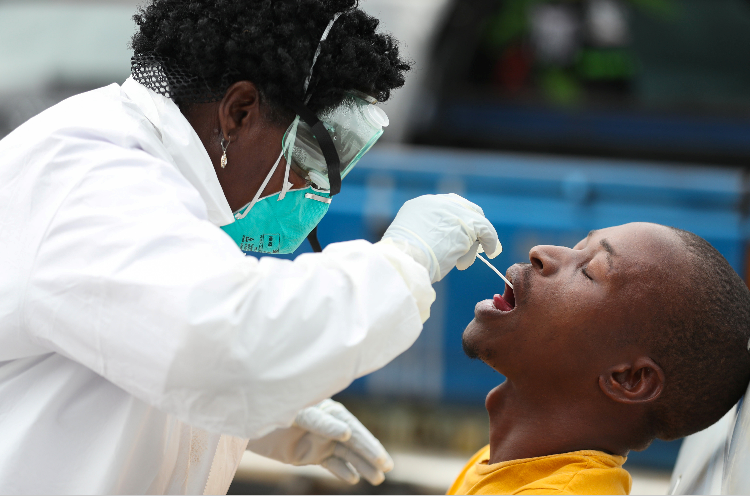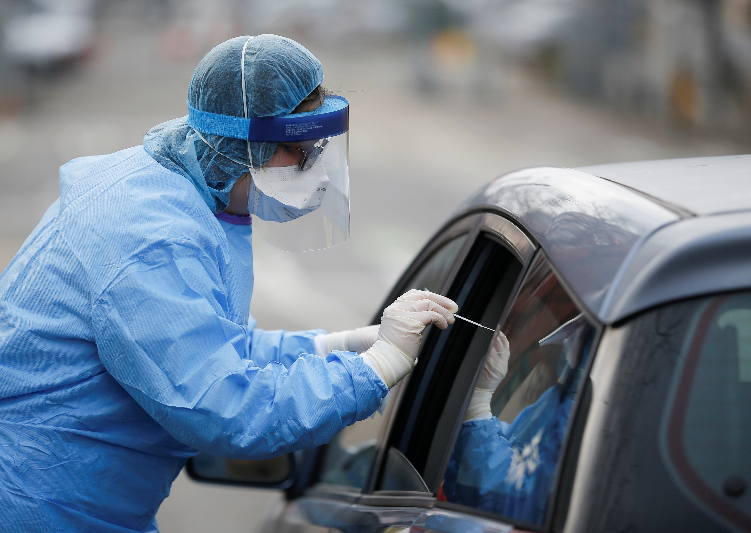Are Coronavirus tests always accurate? Health experts say otherwise. In recent reports made by the Washington Post and the New York Times, a number of health experts are now questioning the accuracy of COVID-19 tests. One even claimed that regular Coronavirus tests only have 85% sensitivity to the virus, which means that 15% of the time, results could be a false negative or a false positive.
Coronavirus tests can make mistakes too, say experts

If you're feeling under the weather and are experiencing symptoms of Coronavirus such as high fever, a sore throat, a dry cough, and difficulty breathing normally, you need to take the test. Once you've been cleared to do that by the hospital staff, they will thengive you a swab test where a swab will be inserted up your nose to take a sample. After a few days, the test will hopefully come back as negative. However, hospital staff will still advise you to isolate yourself from other people. Why is that?
Several reports have said that COVID-19 tests are not always 100% accurate. Since it is a screening tool, there will be times that the result will not be as precise as we all expect it to be.
"If it's positive...you absolutely can make a [clinical] decision. If it's negative, you may be early on in the infection, and the viral load may be so low you don't get it," said Anthony S. Fauci, the director of the National Institute for Allergy and Infectious Disease in a Q&A with The Journal of the American Medical Association.
In the United States alone, a Cleveland clinic researcher said in the Washington Post that only 85% sensitivity on SARS-CoV-2 is the accuracy of most tests. This means that 15% could result in a false positive or a false negative.
"A negative result does not rule out COVID-19 and should not be used as the sole basis for treatment or patient management decisions," according to the fact sheet for health-care providers. "When diagnostic testing is negative, the possibility of a false negative result should be considered in the context of a patient's recent exposures and the presence of clinical signs and symptoms consistent with COVID-19."
Not only tests can be the factor, but test-takers could also be at fault

Gary Procop, director of molecular microbiology, virology, mycology, and parasitology at the Cleveland clinic, said in the report that there could be circumstances that the official test-takers might have some mistakes in the testing process itself.
"Let's say you had a swab that wasn't obtained very well...The person has the virus. But the nurse or physician just barely puts it into the nose because the person is backing up -- we would not have a good specimen, so it could create a false negative in the test," explained by him.
Still, experts advise all Coronavirus test takers that got a negative result to still apply the general health protocols. This includes social distancing, self-quarantine, covering your mouth or nose, and always washing their hands.
ALSO READ: Coronavirus Is More Contagious 5 Days Before Symptoms Show Expert Says
ⓒ 2025 TECHTIMES.com All rights reserved. Do not reproduce without permission.




